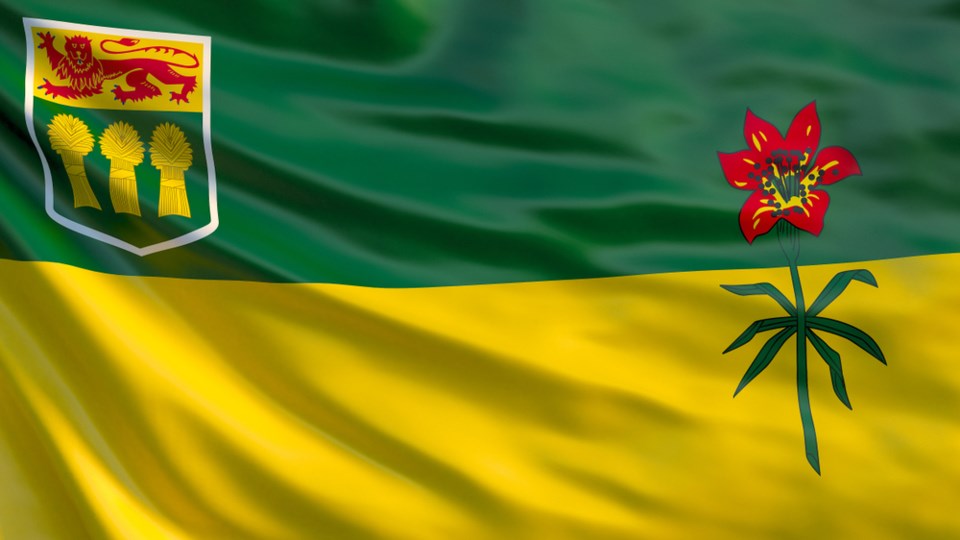This Monday is Saskatchewan Day. As we celebrate the August long weekend, here are five facts about the province of Saskatchewan.
Saskatchewan’s Early Days
Saskatchewan's first permanent European settlement dates back to 1774. It was a Hudson's Bay Company post at Cumberland House that was founded by Samuel Hearne.
Early on, one section of the province was part of the Spanish Louisiana before the Louisiana Purchase transferred the land from France to the U.S. The Americans then ceded the area to Britain in 1818.
A large chunk of the province was once part of Rupert's Land, as controlled by the Hudson's Bay Company. Canada acquired this land in 1870 and formed the North-West Territories. Treaty 4 was signed on Sept. 15, 1874.
Moose Jaw remained part of the North-West Territories until Saskatchewan became a province alongside Alberta in 1905. Battleford was the territorial capital before Regina was selected as the seat of government for the new province in 1906. Aside from Regina, Moose Jaw, Saskatoon, Fort Qu'Appelle, Prince Albert, and Battleford all vied for the opportunity to be named the province's capital city.
Making Everything Official
Like most provinces (or states), Saskatchewan has a long list of official things. This includes:
- official sport: curling;
- official fish: walleye;
- official animal: white-tailed deer
- official bird: sharp-tailed grouse;
- official tree: paper birch;
- official flower: western red lily;
- official grass: needle-and thread-grass;
- official fruit: Saskatoon berry;
- official mineral: sylvite, AKA potash.
Prime Ministers and Premiers
Although no prime minister has ever been born in Saskatchewan, John Diefenbaker did spend much of his life in the province.
Both Wilfred Laurier and William Lyon Mackenzie King were also elected as representatives of Saskatchewan. In fact, Laurier, King, and Diefenbaker all represented the very same riding: Prince Albert (although it was known as the Provisional District of Saskatchewan when Laurier won, who also ran in the riding of Quebec East. He won both and chose to represent Quebec in Ottawa). It is the only district that has produced three different prime ministers.
Scott Moe is the 15th premier in the province’s history. Over the years, there have been several premiers who have had a Moose Jaw connection, including the first premier, Walter Scott (who once owned the Moose Jaw Times-Herald). Charles Avery Dunning, the third premier, was elected as MLA for Moose Jaw County in 1917. Ross Thatcher, the province’s ninth premier, was a Moose Jaw citizen. And, of course, Lorne Calvert, premier from 2001-2007, was born in Moose Jaw and once served as minister at Zion United Church.
Innovation
What would modern banking look like without the province’s technological innovations? Saskatchewan’s credit unions first brought automated teller machines (ATMs) to Canada decades ago. In fact, Sherwood Credit Union in Regina installed ATMs as early as 1977. Saskatchewan credit unions also processed the first debit card transaction in the country in the early 1980s. Whether you prefer to carry cash or just use your debit card, you can thank Saskatchewan financial institutions for leading the way and making this possible. How you spend your money, however, is up to you.
Diversity
Most people think of Saskatchewan as flat and boring prairie landscapes. Nothing could be further from the truth.
Saskatchewan is home to 100,000 lakes and rivers, the Creighton Limestone Crevices, the Big Muddy Badlands, the Great Sand Hills, the Massold Clay Canyons, the St. Victor Petroglyphs, the crooked trees of Alticane, the Nipekamew Sand Cliffs. There is also the Cypress Hills region, which has the highest point of elevation between the Rockies and Labrador.
The province is also becoming more diverse in terms of demographics; Tagalog is the fastest-growing language other than English in Saskatchewan. Other common languages in the province include German, Cree, French, and Ukrainian. “From many peoples, strength” indeed.
Enjoy the long weekend!




